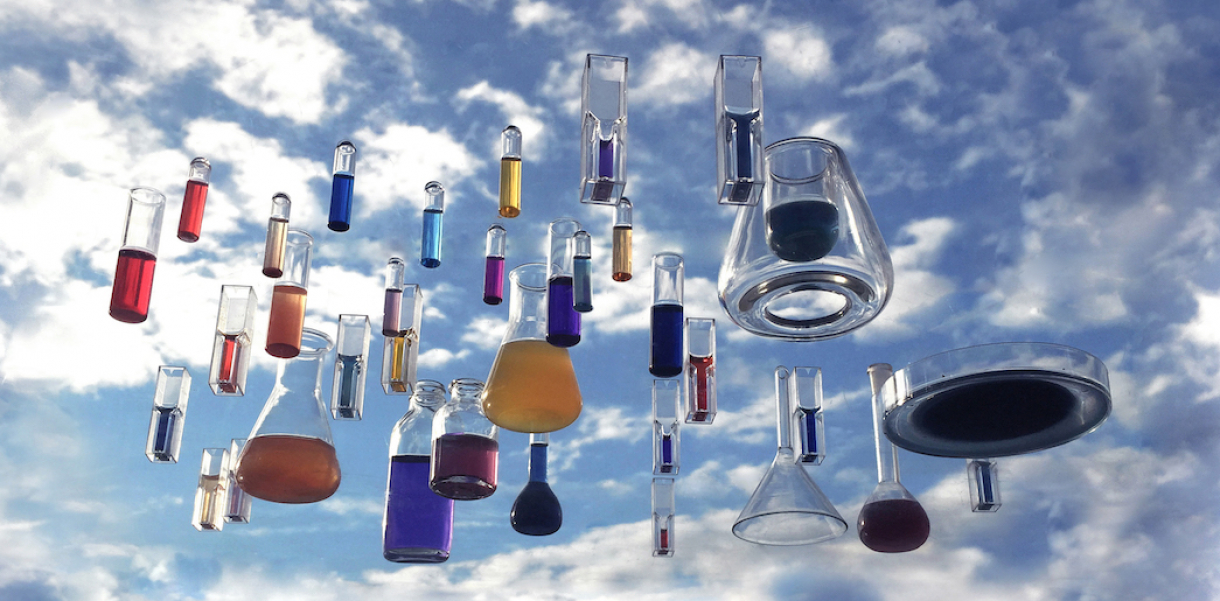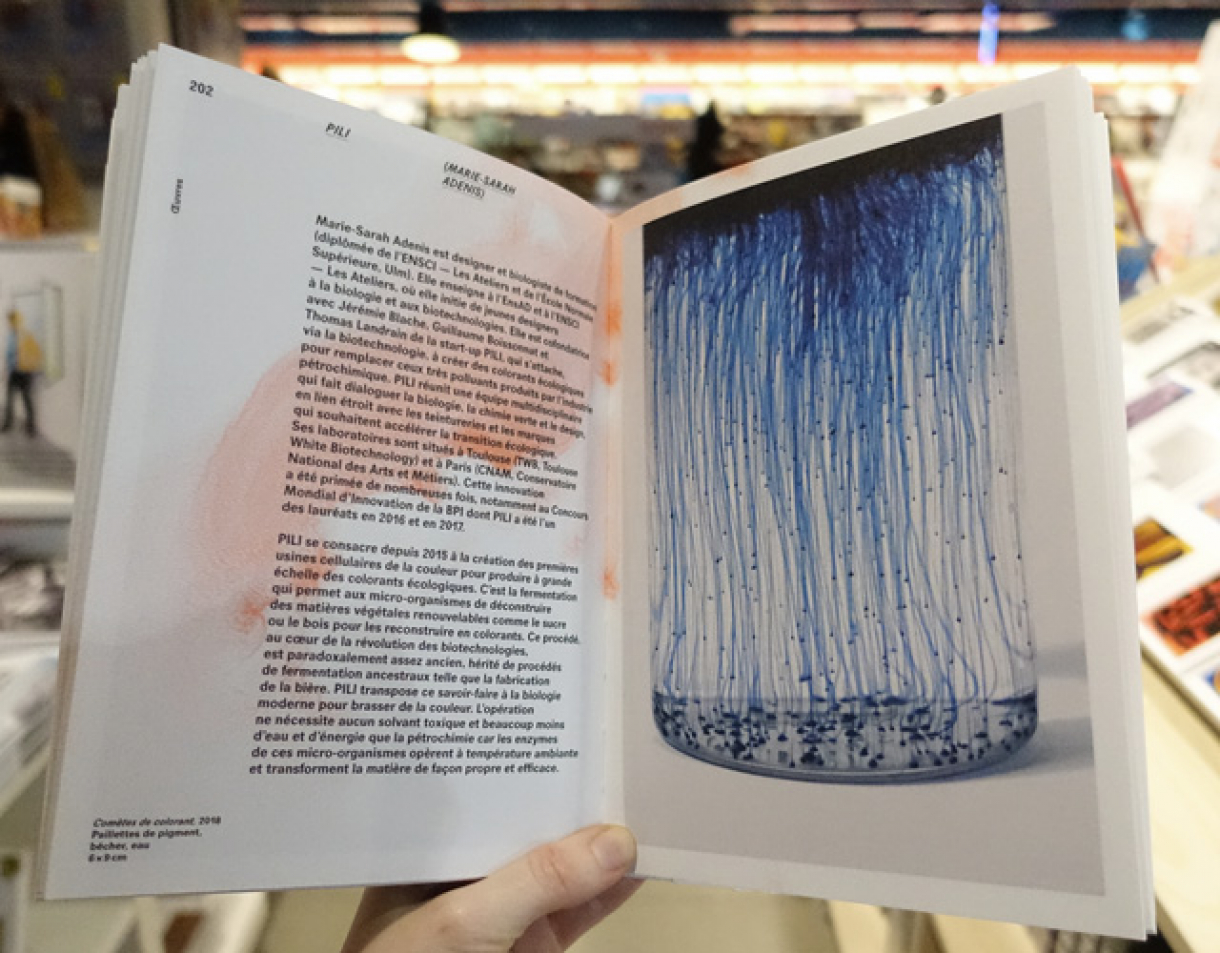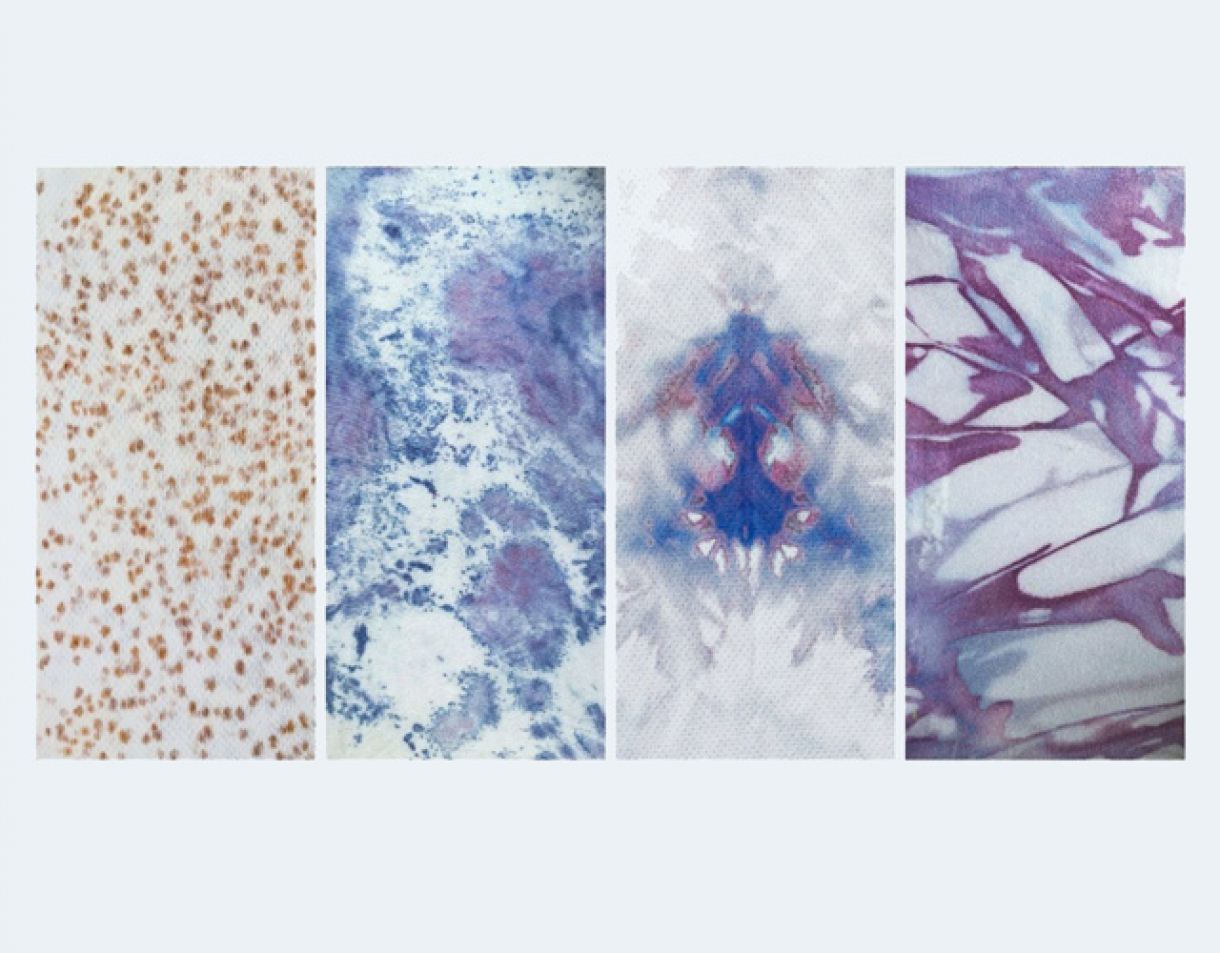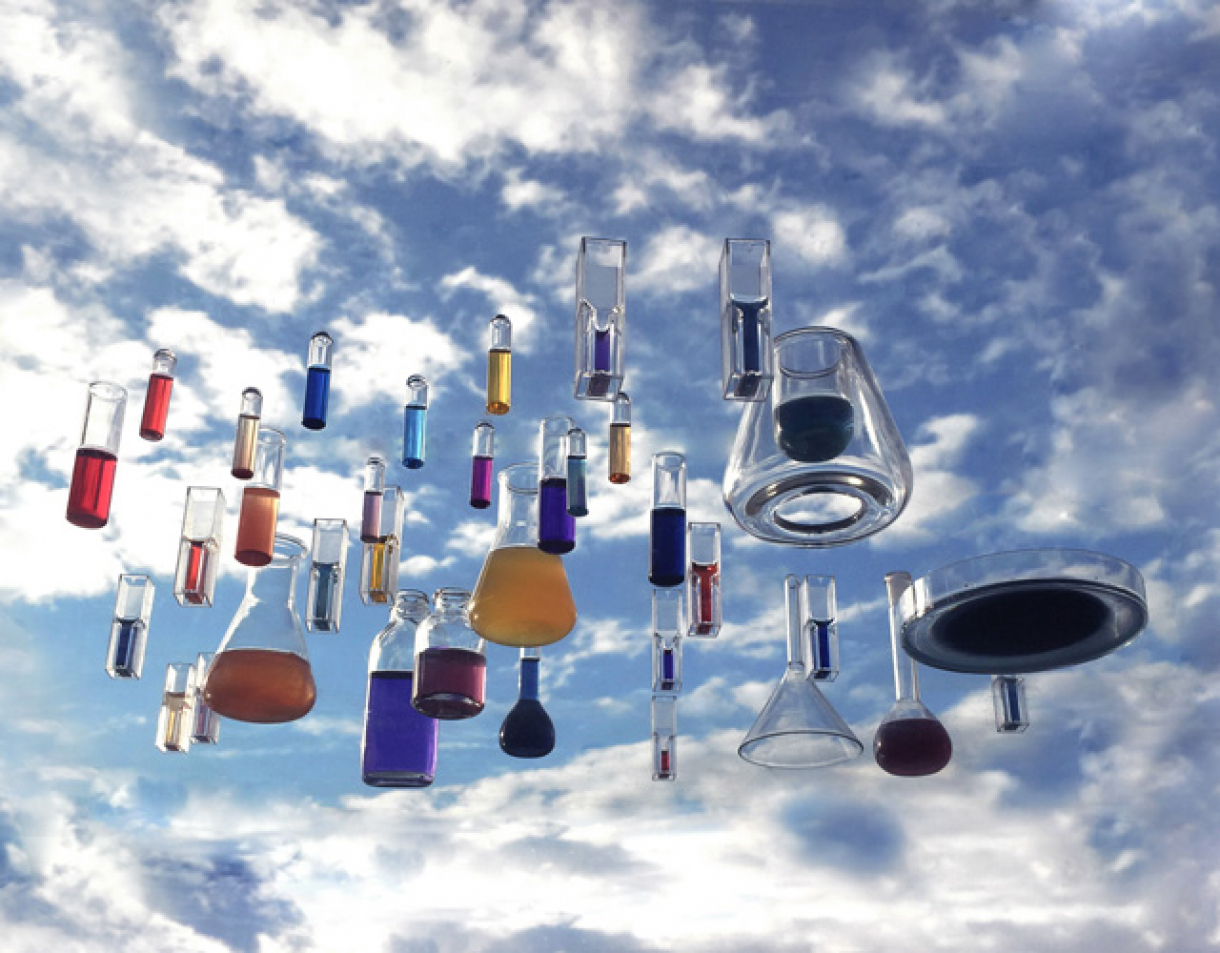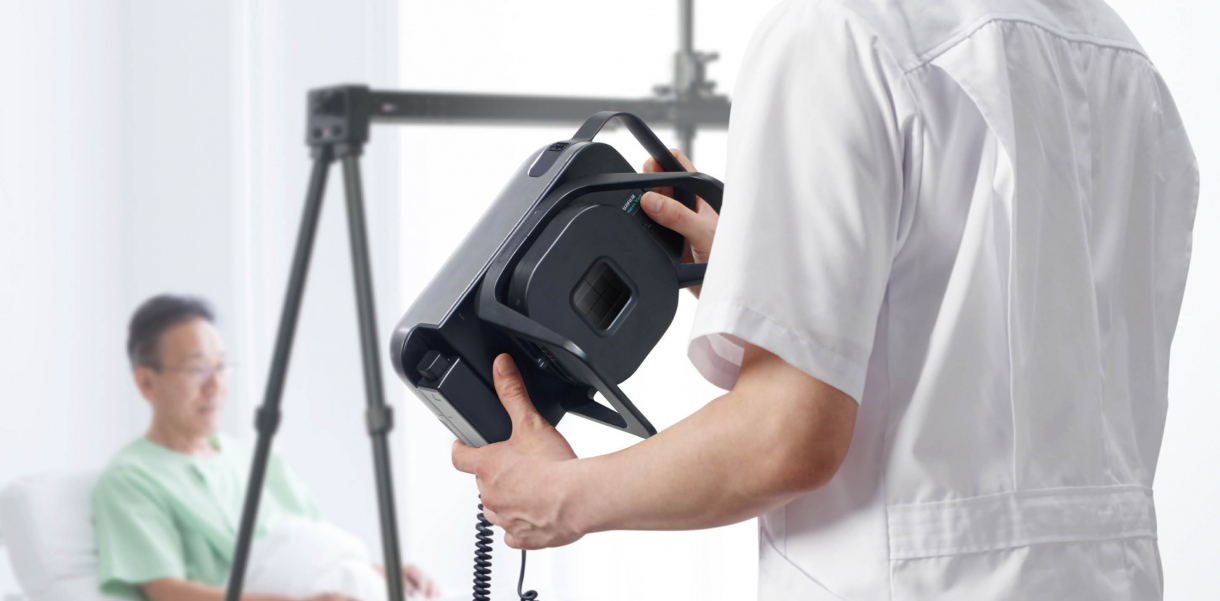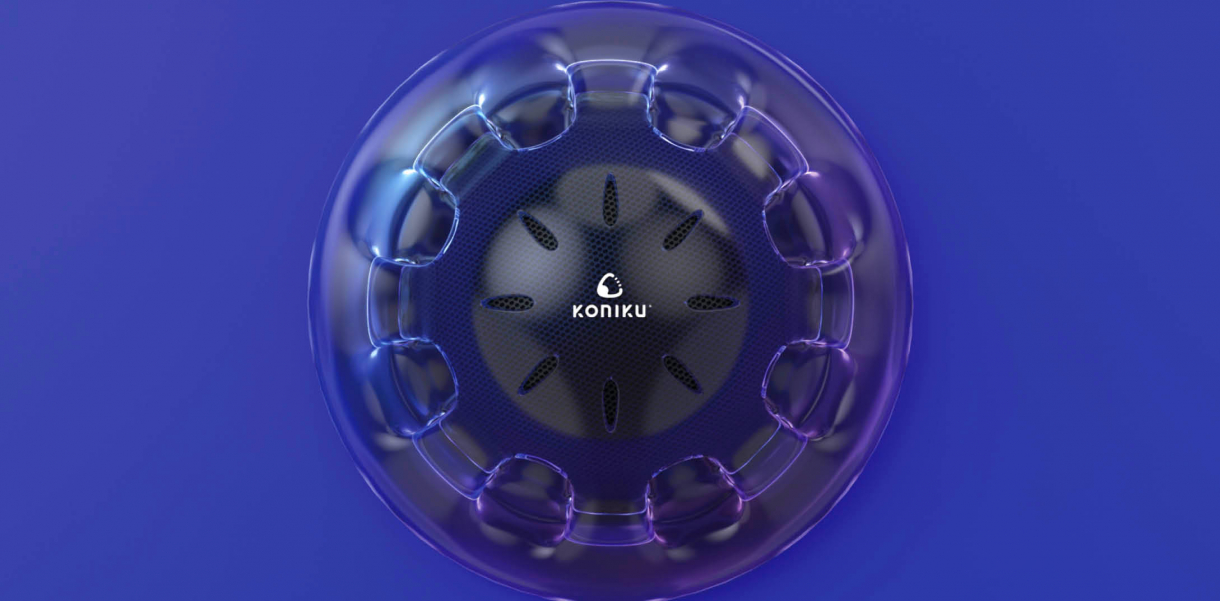We all know the environmental impact of the fashion industry. But, would you have thought that the colours and dying process were one of the worst elements? Today, almost 99% of all dyes are made using petrochemistry — the synthetic and toxic stuff.
While plant-based colours are a better alternative, they aren’t able to effectively scale to meet the huge global demand. For example, if we were to produce all the indigo for our jeans, we’d need to cultivate a field the size of Germany!
Thankfully, there’s a growing movement exploring how to reduce pollution without losing the joy that colours bring.
Taking natural dyes to a whole new level, French company PILI, also known as Color Cell Factories, is creating clean colours using biotechnology. Their dyes are created by fermenting sugar and other nutrients to create colour-producing enzymes. The pigments are then filtered from the microorganisms and used in a wide range of industrial applications, especially in the textile industry.
“We believe in the strength of the four pillars we built the project on; biology, green chemistry, business and design."
What’s more, this process is easily scaled. These enzymes can be integrated into microorganisms like bacteria. When given water and sugar, these bacteria grow very quickly — reproducing nearly every 20 minutes. At the end of one day, the lab can have billions of microorganisms with each of them producing different pigments.
This process is similar to those used in large-scale productions of other products, like insulin and even beer. That means the technology can be easily replicated with low costs and high accuracy. And, most importantly, these pigments don’t require nasty solvents, heat at high temperatures or produce polluting byproducts.
Since their launch, PILI have shared their clean colour production knowledge through workshops, conferences and exhibitions throughout Asia and Europe -- including the Broken Nature, XXIIe Triennale di Milano. They say that creating a movement is fundamental to speeding up the global adoption process.
“We believe in the strength of the four pillars we built the project on; biology, green chemistry, business and design,” says Co-founder Marie-Sarah Adenis. “It's a strong ecosystem of ideas, each fertilising one another.
"Through this weaving, business becomes mission-lead, science and technology serve the ecological transition and design involves people by making all these subjects accessible.”
Designer: Marie-Sarah Adenis - France
UN SDGs: Responsible production and consumption & Industry, innovation and infrastructure
Pili from The Index Project on Vimeo. Music: Lee Rosevere

